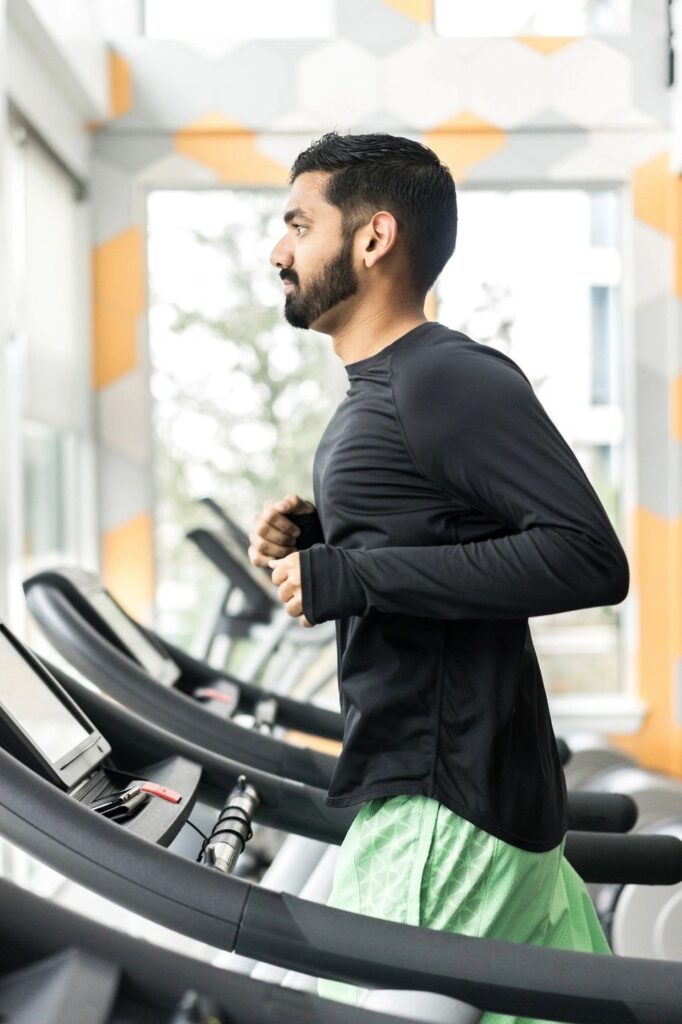
May was Mental Health Awareness month, but we believe that mental health should be acknowledged and cared for every month of the year. Since its inception in 1949, Mental Health Awareness Month has been a cornerstone of addressing the challenges faced by millions of Americans living with mental health conditions. At APEX, our coaches participate in this national movement dedicated to eradicating stigma, extending support, and fostering public education that prioritize the well-being of individuals and families affected by mental illness.
As coaches of ambitious athletes of all ages, experience levels, and backgrounds, it is imperative to identify key ways to approach mental health conversations. Many athletes will experience psychological distress that can create or exacerbate underlying mental health issues during their season. Whether they reach out to their coaches for help depends on a few key practices we employ.
Coach Authentically
Authentic coaching is “a pattern of leader behavior that draws upon and promotes both positive psychological capacities and a positive ethical climate, to foster greater self-awareness, an internalized moral perspective, balanced processing of information, and relational transparency on the part of leaders working with followers, fostering positive self-development”.
Authentic leadership of coaches has been positively associated with trust and enjoyment in British university athletes as well as with psychological well-being in American college athletes and in Chinese female athletes.
Practically, this means sharing our strengths and weaknesses with athletes, providing moments where our true selves show through, expressing empathy for athletes, and including their feelings in our decision making. Applying these practices consistently can foster open communication and trust with athletes, allowing for conversations surrounding mental health.
Be Proactive
Expect that athletes are going to be under duress at times and normalize this experience for them. Let them know others may be having a difficult time, too. Bring in experts to work with athletes – preventing distress is easier than curing it. Cultivating healthful sleeping, eating, and mental health practices and addressing substance use should be an integral part of elite training. Given their influential position, coaches can serve as role models with respect to healthful behaviors for their players and staff.
Destigmatize Mental Health Concerns.
If an athlete told you they were experiencing physical pain, there are obvious steps to identify the root cause and ensure proper treatment and healing time to return to training. It should be the same with their mental health. The main difference is that the athlete might experience stigma, feeling ashamed or embarrassed or “weak” because of the emotional distress. Acknowledge that athletes should not be asked to push through significant mental pain, just as they are not asked to push through physical pain from serious injuries. Have frank conversations and be willing and prepared to provide referrals to specialists. We, as coaches, are asked to wear many hats, but understanding our role as facilitators instead of experts on all things is vital to athlete wellbeing.
Coaches and mental health professionals can team up to help athletes deal with their mental health in sports. They can assist athletes in achieving mental health wellness and arm them with the tools needed to achieve mental strength both on and off the field. The strategies used in this effort can increase their overall mental and physical well-being in daily life as well as improve performance in competition, whatever an athlete’s sport may be.
Mental Health Resources
- If you or someone you know is struggling or in crisis, help is available. Call or text 988 or chat 988lifeline.org
- Disaster Distress Helpline: CALL or TEXT 1-800-985-5990 (press 2 for Spanish)
The US Centers for Disease Control list many available resources at:
https://www.cdc.gov/mentalhealth/tools-resources/index.htm
This post was authored by APEX coach Zach Gregg who is a professional coach as well as professional cyclist who has coached multiple U23 cyclists to national championship titles in criterium, time trial and road racing. He is based in Boulder, CO and focuses on training the whole athlete.

